Mar 22 2017.
views 1939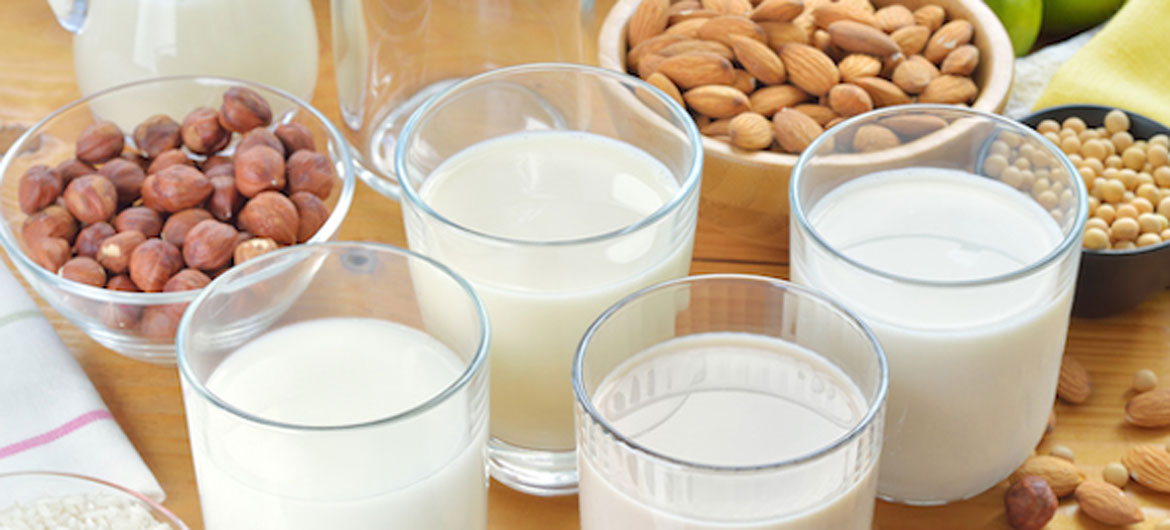
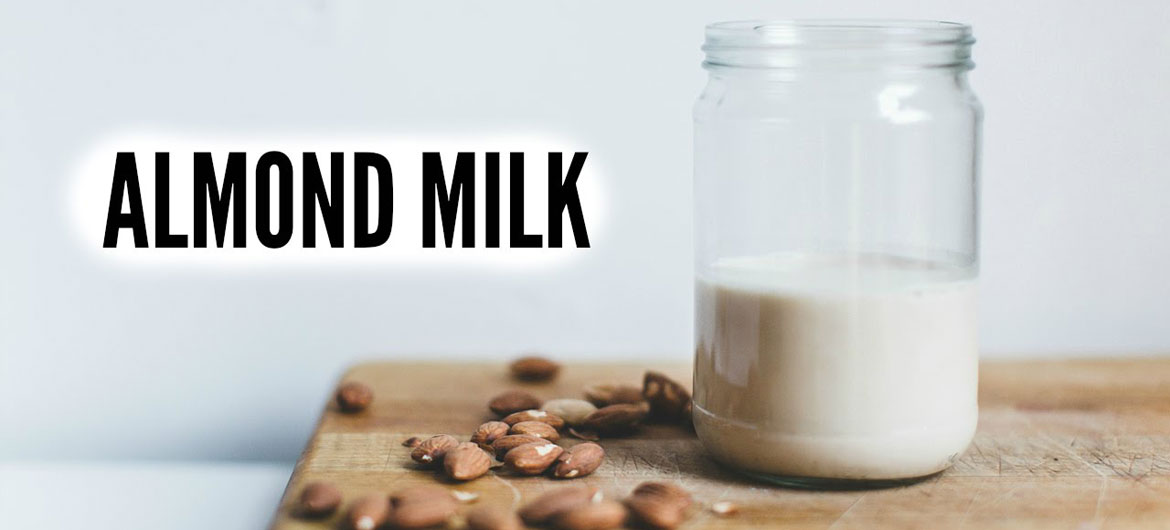
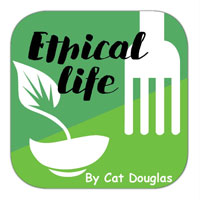
What are they?
Just as they sound like, they are a beverage made from either nuts, beans or seeds that people who don’t drink mammals' milk such as cow, goat or sheep can have as an alternative. Especially in Asia (with a high number of the population who are lactose intolerant), having plant based milks couldn’t have come at a better time. Now everyone can enjoy a milky tea, a steaming hot bowl of porridge or a delicious dairy-free cake. You can substitute any dish you would make with animal’s milk with a plant based option. While the taste is different (and you might have to try a few different types or brands until you find one you like), researchers have shown it takes around 30 days for your tastes to change so if at first you don’t like it, give your tastebuds a chance to get used to something different.
How is it made?
It's actually quite simple. Let’s take almond milk as an example.
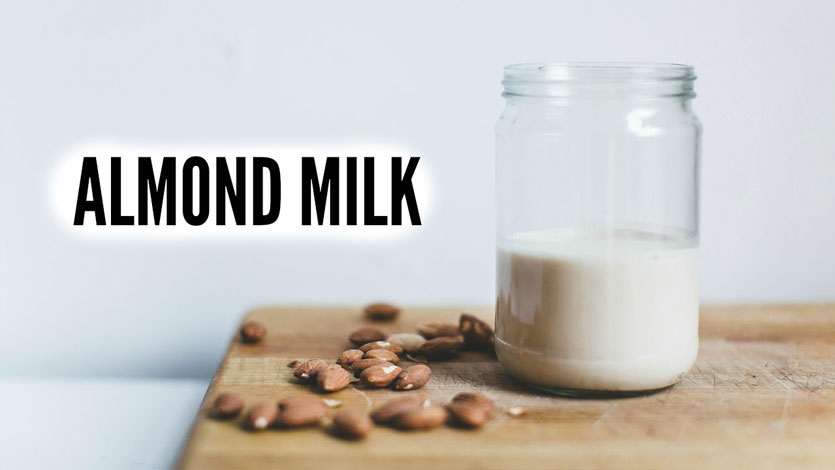
· Add one cup of raw almonds that have been soaked overnight
· 2 cups of purified water
· A sweetener such as dates or sugar (depending on what kind of sweet tooth you have)
Put all the ingredients into a food processor or blender and blend until the nuts are all dissolved. Then strain the milk through a milk bag or cheese cloth. Simple! Almonds aren’t cheap so don’t throw that precious pulp out either. With the almond paste you are left with after you strain your milk, you can actually dry it out in the oven and then blend it to make almond flour (sometimes known as almond meal, a good gluten free baking substitute).
Some of the other foods you can make milk from include:
· Soy Beans: Soy milk is the most common plant milk. It's nice and creamy, and great to substitute in any type of cooking or in hot drinks.
· Cashew / Macadamia / Almond Nuts: Great as a base for smoothies as you get that extra protein hit.
· Coconut: Very creamy but has a high fat content. Great for putting in your coffee or making tropical fruit smoothies.
· Rice / Oats: Not as thick as the soy and nut milks, but great for people who might be allergic to the other types of plant based milks.
So what’s actually wrong with cow's milk?
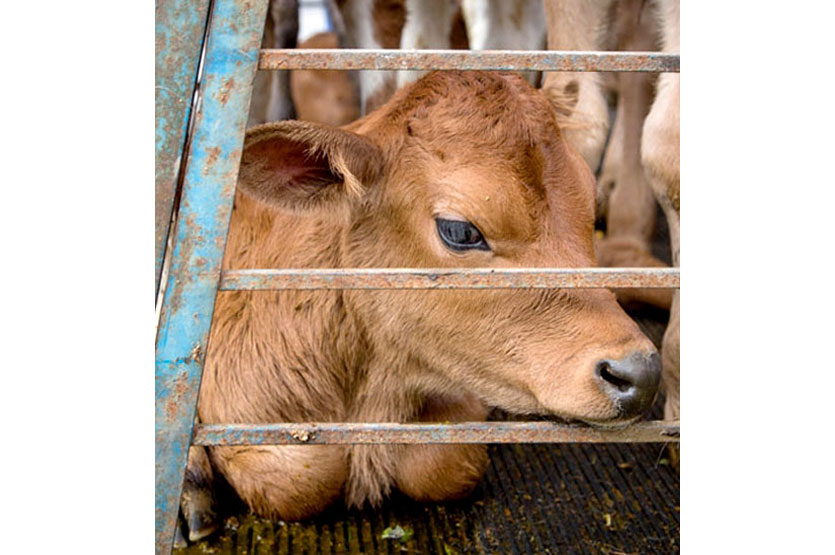
In most commercial dairies, the mother cow will then carry their calf for 9 months as a human would. When the calf is born, if she is female, she’ll go on to become a milking cow as well. If they are born male they will be killed, sometimes for veal and leather. Male surplus cows are called “bobby calves” and it’s the welfare of these calves that are the biggest ethical issue. Dairy cows usually live until they are 20 but in most common dairies they’ll be slaughtered at 7 years old because their milk production after so many babies has slowed down. So even dairy is a slaughter industry which is why vegans such as myself don’t touch it. Dairy farming also uses huge amounts of water and depletes the ground of essential nutrients.
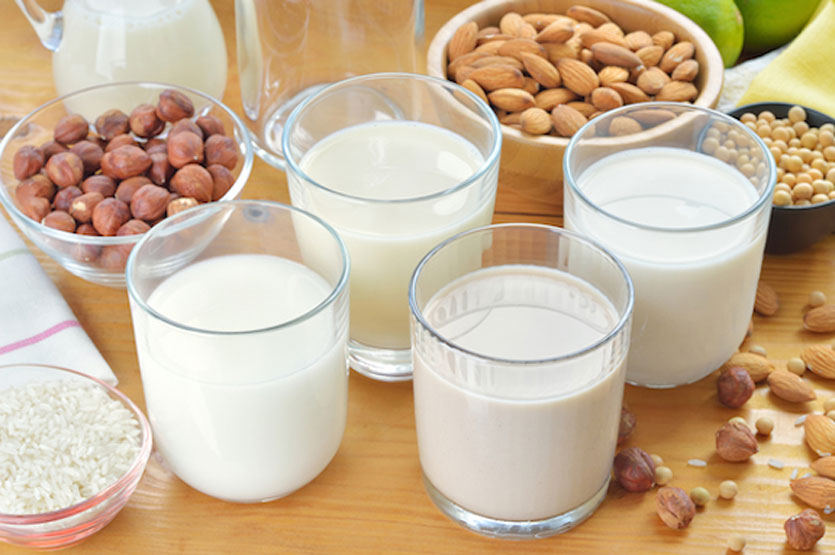
What about nutrition?
Cow's milk is created to turn a small calf into a giant cow! It’s the same as with a human baby, because the milk is a special combination of nutrients to nourish the baby of that species. Just like dog's milk is for dogs, gorilla milk is for gorillas, cow's milk is for cows. Plant based milks also have no dietary cholesterol which is found in animal milk. Plant based milks are also fortified with different nutrients such as B12, iron or calcium so you aren’t missing out on anything. Just check the packaging of the milk when you buy it.
What plant milks can I get in Sri Lanka?
There’s a few brands of soy milk such as Gold Soy (plain), Soy Fresh (plain, strawberry and chocolate and Soya Protein Milk (chocolate, coffee and marunga) which are spread out over all the supermarkets as well as the The Good Market and prices vary up to about Rs. 570. A cheaper option though is to buy Supersun powdered soy milk which you mix yourself with water. Also available at Aprico is Renuka flavoured coconut milks in strawberry and chocolate. You can buy almond milk in the international section of Cargills Food City but it’s very expensive (and much cheaper to make your own).
Why don’t you try some dairy free milk today?
0 Comments